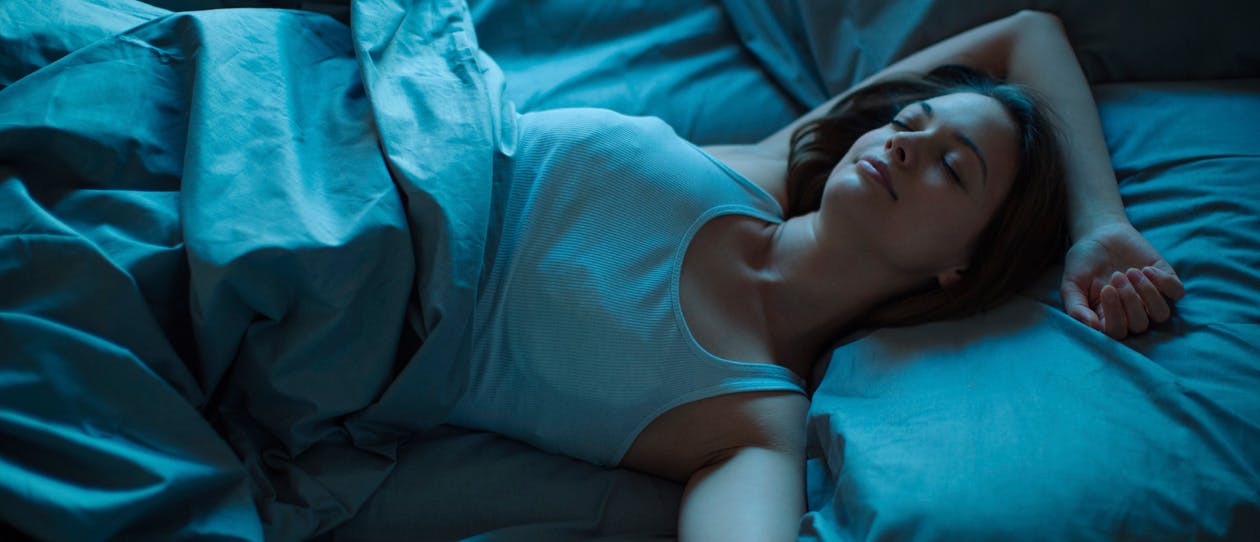You have trouble getting to sleep
Try this: drop the afternoon coffees
While we’ve long been told that night-time coffees are a sleep faux pas, a
study from the
American Academy of Sleep suggests that caffeine’s effects are longer lasting- and drinking up to 400mg caffeine up to six hours before bed is disruptive to your sleep.
As
Harvard Medical School further
explains, caffeine blocks the effect of sleep-promoting brain chemical, adenosine.
Instead substitute for a herbal (non-caffeine) tea. Note green tea also contains caffeine.
TAKE THE QUIZ:
How much caffeine are you having?
You have trouble staying asleep
Try this: do the math
Keeping a ‘worry journal’ is good practice for the 3 am-waking crowds, but so too is a session of ‘boring’ maths.
When interviewed by
Oprah Magazine, Dr Michael Breus author of The Sleep Doctor’s Diet Plan
suggested this:
“Counting backwards from 300 in threes is my take on counting sheep, which research has shown is too easy to be effective. This forces me to focus enough to block out stressors, but at the same time, it’s really boring and it puts me right to sleep.”
You wake-up too early in the morning
Try this: adjust your bedtime
As we age, our normal sleep cycle shortens and we spend fewer hours in deep sleep.
FIND OUT:
How much sleep you really need
According to women’s sleep expert Dr Karen Carlson
cited in the Harvard Medical School health news: “What sometimes happens is that women are going to bed early trying to sleep and then they wake up at 3 or 4 am – and they’re not really meant to sleep more than six or seven hours, but they’re in bed early and they awaken early.”
For those experiencing shorter cycles, it may help to stay awake later and to time your rise for between 5 and 6am.


